If you suffer from allergies, you know how difficult it can be to find relief. You may have tried everything from changing your diet to using air purifiers, but have you ever considered that your mattress could be the culprit? Specifically, your memory foam mattress. While memory foam mattresses are known for their comfort and support, they may also be harboring allergens that could be making you sick. In this article, we'll explore the connection between memory foam mattresses and allergies, and what you can do to alleviate your symptoms. Memory Foam Mattress Allergies: What You Need to Know
The first step in determining whether your memory foam mattress is causing your allergies is to pay attention to your symptoms. Do you experience sneezing, coughing, or a runny nose when you wake up in the morning? Do your symptoms improve when you leave your bed and worsen when you return? These are all signs that your memory foam mattress may be to blame. How to Tell If Your Memory Foam Mattress Is Making You Sick
While memory foam mattresses are known for their comfort and contouring abilities, they are also known for trapping allergens. The dense foam material can provide the perfect environment for dust mites, mold, and other common allergens to thrive. This can lead to an increase in allergy symptoms and even trigger asthma attacks. The Truth About Memory Foam Mattresses and Allergies
If you suspect that your memory foam mattress is causing your allergies, there are a few things you can do to confirm your suspicions. First, try sleeping in a different bed for a few nights. If your symptoms improve, it's a good indication that your mattress is the culprit. You can also have your mattress professionally tested for allergens to get a more accurate answer. Is Your Memory Foam Mattress Causing Your Allergies?
So, how do memory foam mattresses attract and harbor allergens? It all comes down to their construction. Memory foam mattresses are made from a polyurethane foam that is known for its ability to retain heat and moisture. This creates the perfect environment for dust mites, mold, and other allergens to thrive. Additionally, the dense foam material can make it difficult for these allergens to be removed through regular cleaning. The Connection Between Memory Foam Mattresses and Allergies
If you're not ready to give up your memory foam mattress just yet, there are some steps you can take to reduce the allergens in your bed. First, invest in a high-quality mattress protector that is specifically designed to block allergens. You can also regularly vacuum and steam clean your mattress to remove any built-up allergens. If possible, try to keep your bedroom well-ventilated to prevent moisture from accumulating. How to Reduce Allergens in Your Memory Foam Mattress
If you're in the market for a new mattress and suffer from allergies, it's important to choose a hypoallergenic memory foam option. Look for mattresses that are certified by organizations like CertiPUR-US or GREENGUARD, as they have stricter standards for the materials used in their mattresses. You can also opt for a natural latex memory foam mattress, as latex is naturally resistant to allergens. Tips for Choosing a Hypoallergenic Memory Foam Mattress
Natural latex memory foam mattresses are a great option for those with allergies. Latex is naturally hypoallergenic and resistant to dust mites, mold, and mildew. This means that it can provide a healthier sleeping environment for those who suffer from allergies. Additionally, natural latex is more breathable and less likely to trap heat and moisture, reducing the risk of allergens thriving in your mattress. The Benefits of a Natural Latex Memory Foam Mattress for Allergy Sufferers
If you're still not sure if your memory foam mattress is causing your allergies, here are some common symptoms to look out for: Common Symptoms of Allergies to Memory Foam Mattresses
Regular cleaning and maintenance of your memory foam mattress is key to reducing allergens and keeping your bed clean and healthy. Here are some tips to keep in mind: How to Clean and Maintain Your Memory Foam Mattress to Prevent Allergies
How to Ensure Your Memory Foam Mattress is Not Making You Sick

Understanding Memory Foam Mattresses and Their Potential Health Risks
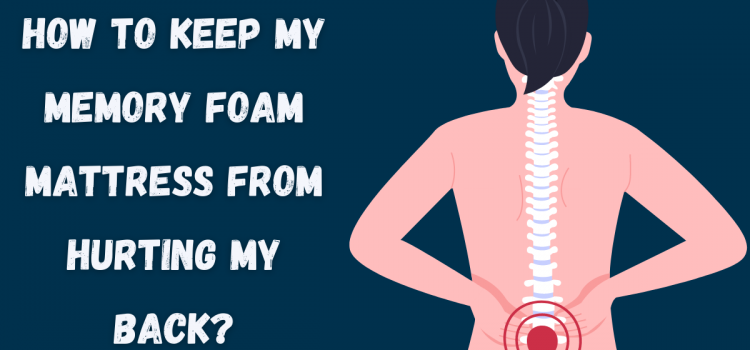 Memory foam mattresses have become increasingly popular in recent years due to their ability to contour to the body and provide a comfortable and supportive sleep experience. However, there have been concerns raised about the potential health risks associated with these mattresses. This is especially true for individuals with respiratory issues or allergies.
So, is your memory foam mattress making you sick?
The answer is not a simple one, as there are several factors that could contribute to potential health issues.
Memory foam mattresses have become increasingly popular in recent years due to their ability to contour to the body and provide a comfortable and supportive sleep experience. However, there have been concerns raised about the potential health risks associated with these mattresses. This is especially true for individuals with respiratory issues or allergies.
So, is your memory foam mattress making you sick?
The answer is not a simple one, as there are several factors that could contribute to potential health issues.
The Chemicals Used in Memory Foam
 One of the main concerns with memory foam mattresses is the chemicals used in the manufacturing process.
Polyurethane foam
, which is the main component of memory foam, is made from
petroleum-based chemicals
and can emit volatile organic compounds (VOCs) into the air. These chemicals can cause headaches, dizziness, and respiratory irritation for some individuals. Additionally,
flame retardants
are often added to memory foam mattresses, which have been linked to health issues such as hormone disruption and cancer.
One of the main concerns with memory foam mattresses is the chemicals used in the manufacturing process.
Polyurethane foam
, which is the main component of memory foam, is made from
petroleum-based chemicals
and can emit volatile organic compounds (VOCs) into the air. These chemicals can cause headaches, dizziness, and respiratory irritation for some individuals. Additionally,
flame retardants
are often added to memory foam mattresses, which have been linked to health issues such as hormone disruption and cancer.
How to Choose a Safer Memory Foam Mattress
 If you are concerned about the potential health risks of your memory foam mattress, there are steps you can take to minimize your exposure to chemicals. Look for mattresses that are
Certipur-US certified
, which means they have been tested for harmful chemicals and emissions.
Organic memory foam
mattresses are also available, which use natural materials such as
organic cotton
and
wool
instead of synthetic chemicals.
If you are concerned about the potential health risks of your memory foam mattress, there are steps you can take to minimize your exposure to chemicals. Look for mattresses that are
Certipur-US certified
, which means they have been tested for harmful chemicals and emissions.
Organic memory foam
mattresses are also available, which use natural materials such as
organic cotton
and
wool
instead of synthetic chemicals.
Other Factors to Consider
 In addition to the chemicals used in memory foam, there are other factors that could contribute to potential health issues.
Dust mites
and
mold
can thrive in mattresses, especially if they are not properly cleaned and maintained.
Old mattresses
can also harbor bacteria and allergens, so it is important to replace your mattress every 8-10 years.
In addition to the chemicals used in memory foam, there are other factors that could contribute to potential health issues.
Dust mites
and
mold
can thrive in mattresses, especially if they are not properly cleaned and maintained.
Old mattresses
can also harbor bacteria and allergens, so it is important to replace your mattress every 8-10 years.
In Conclusion
 While memory foam mattresses have the potential to cause health issues, there are steps you can take to minimize these risks. Look for certified and organic options, keep your mattress clean and well-maintained, and consider replacing it every few years. By taking these precautions, you can ensure that your memory foam mattress is not making you sick.
While memory foam mattresses have the potential to cause health issues, there are steps you can take to minimize these risks. Look for certified and organic options, keep your mattress clean and well-maintained, and consider replacing it every few years. By taking these precautions, you can ensure that your memory foam mattress is not making you sick.

















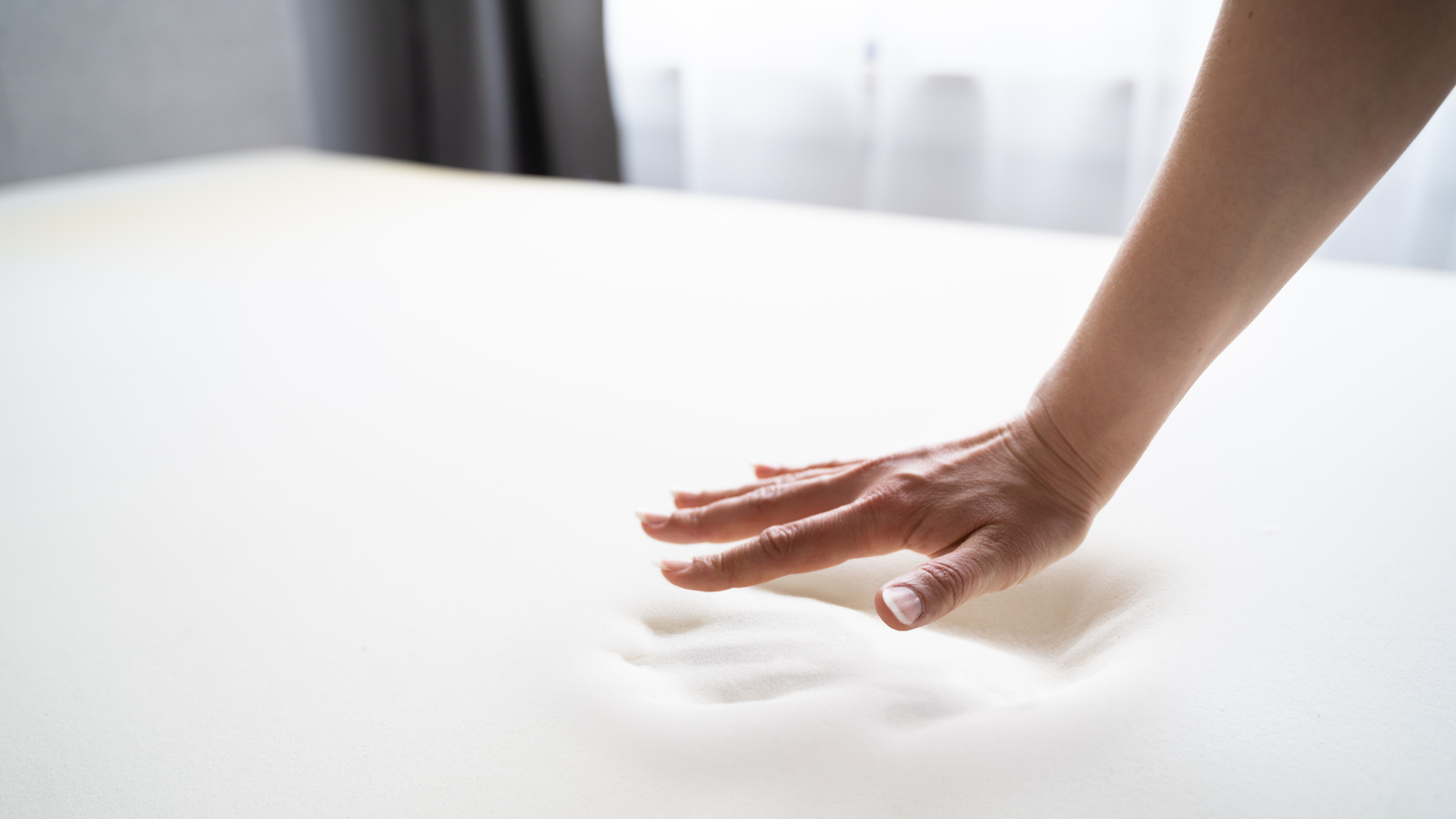







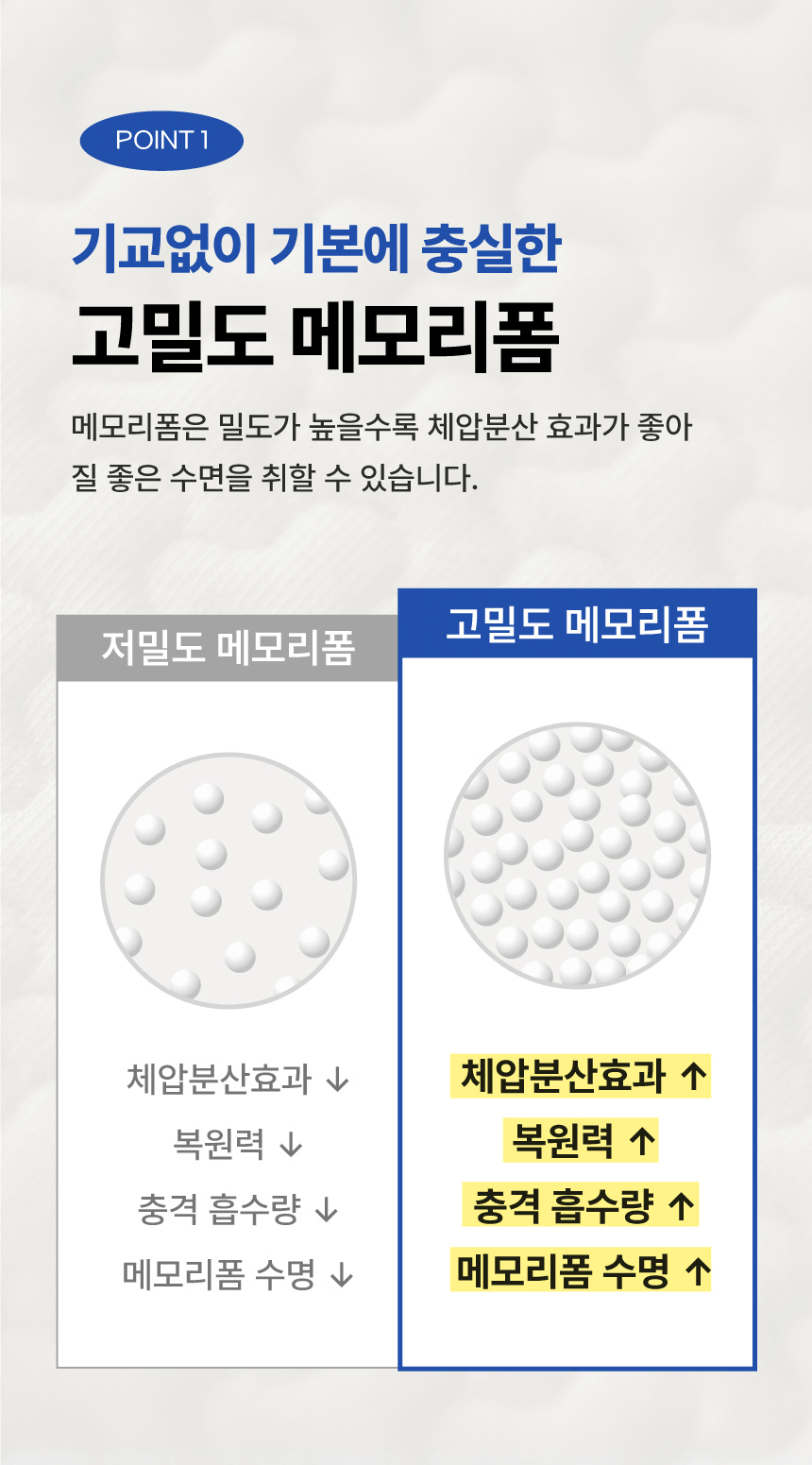







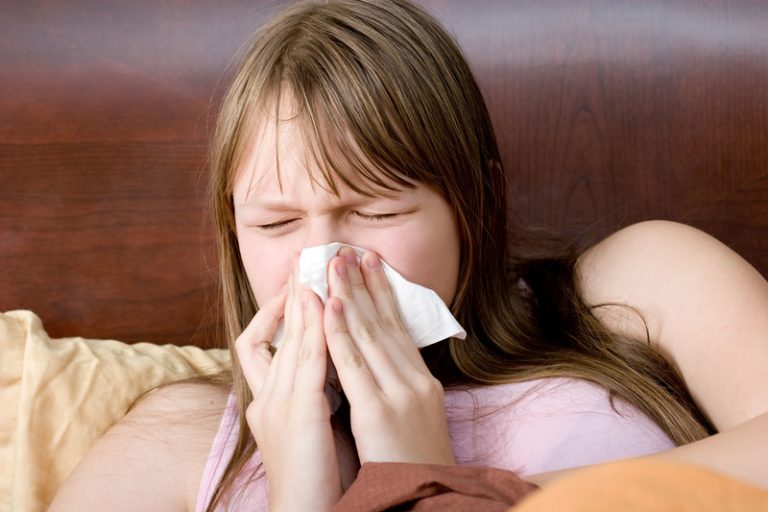








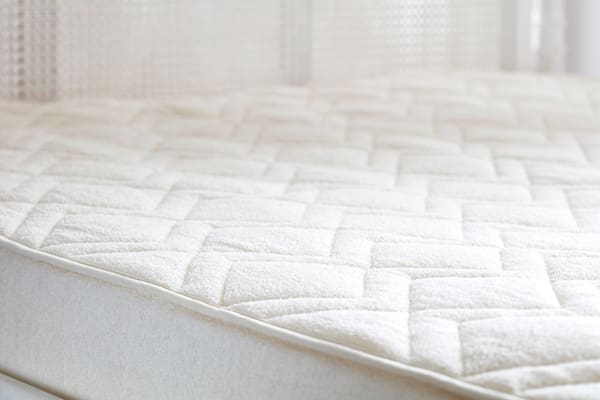





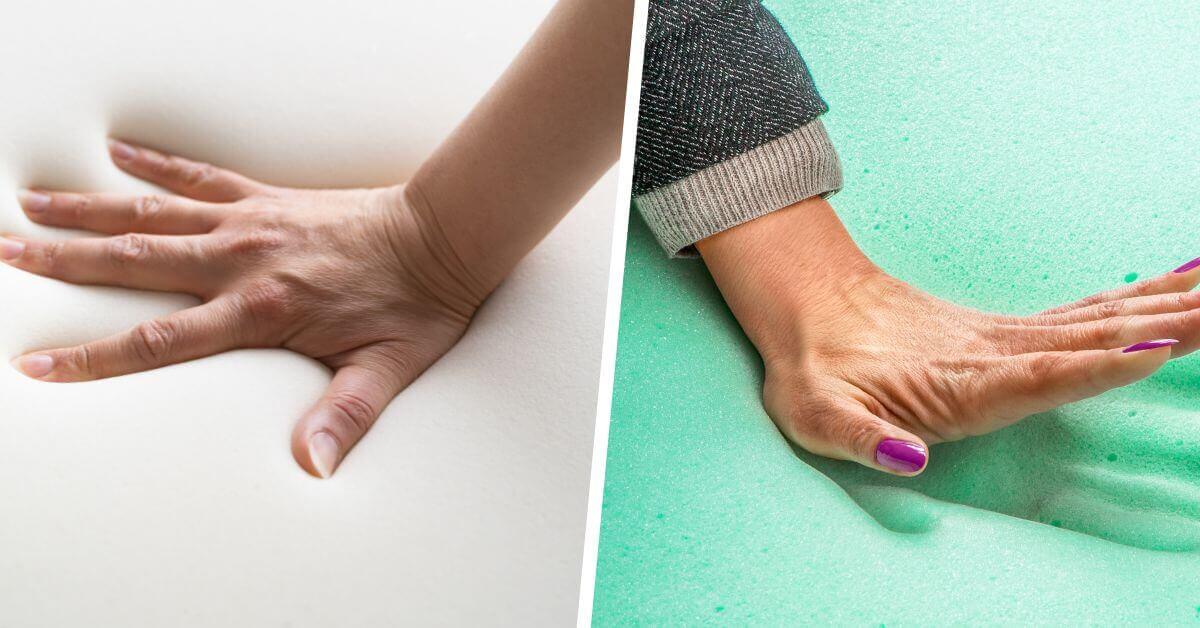
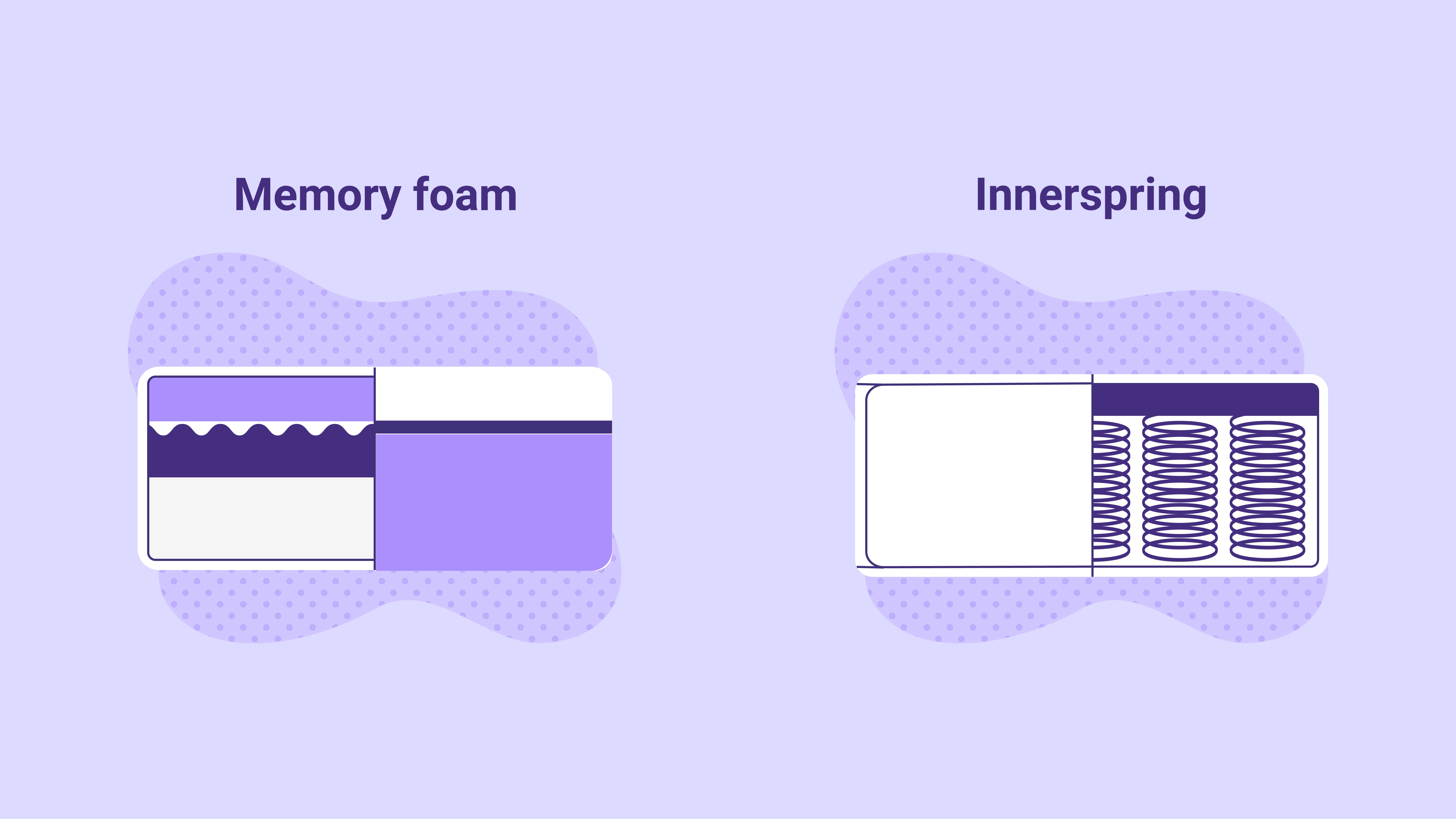

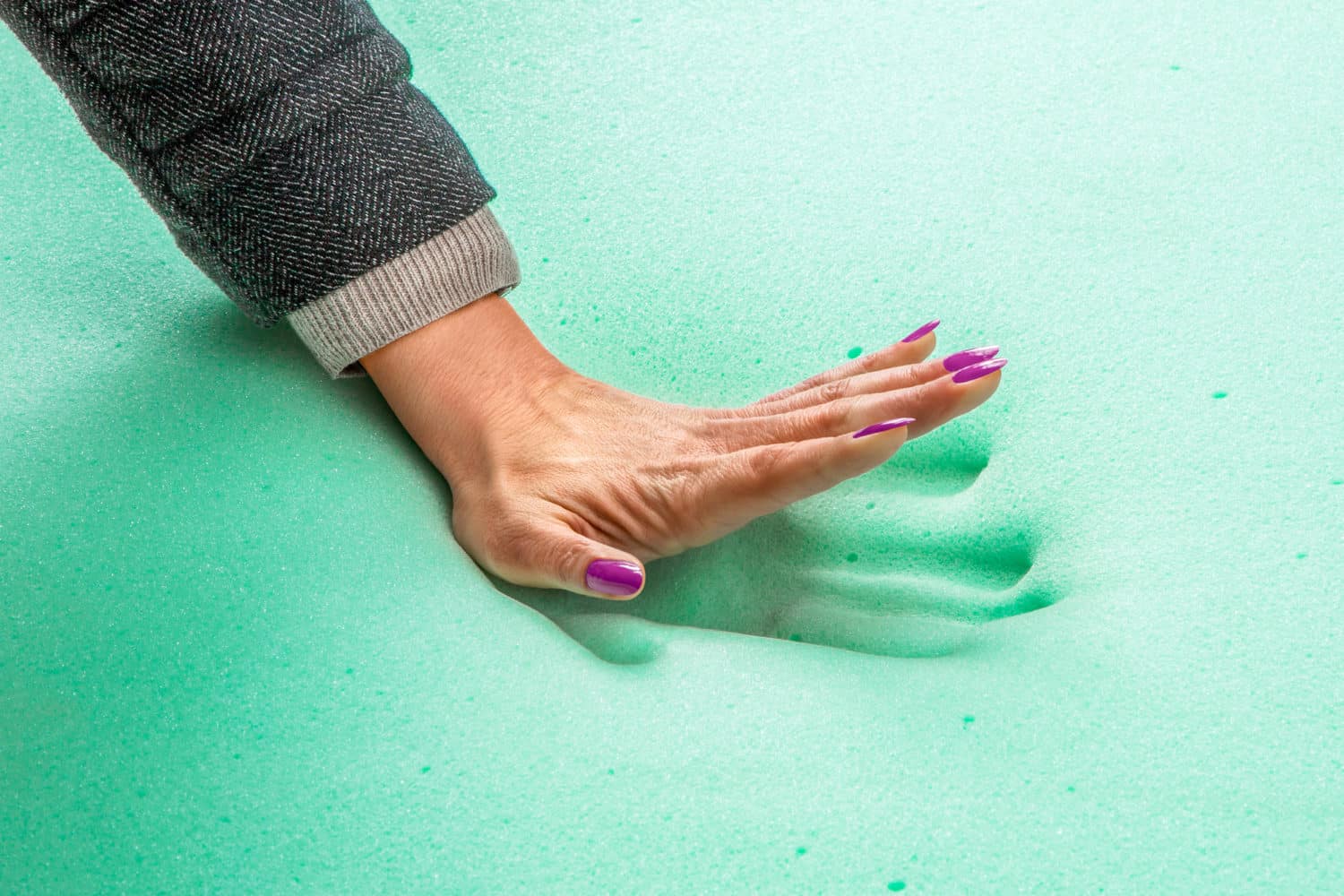






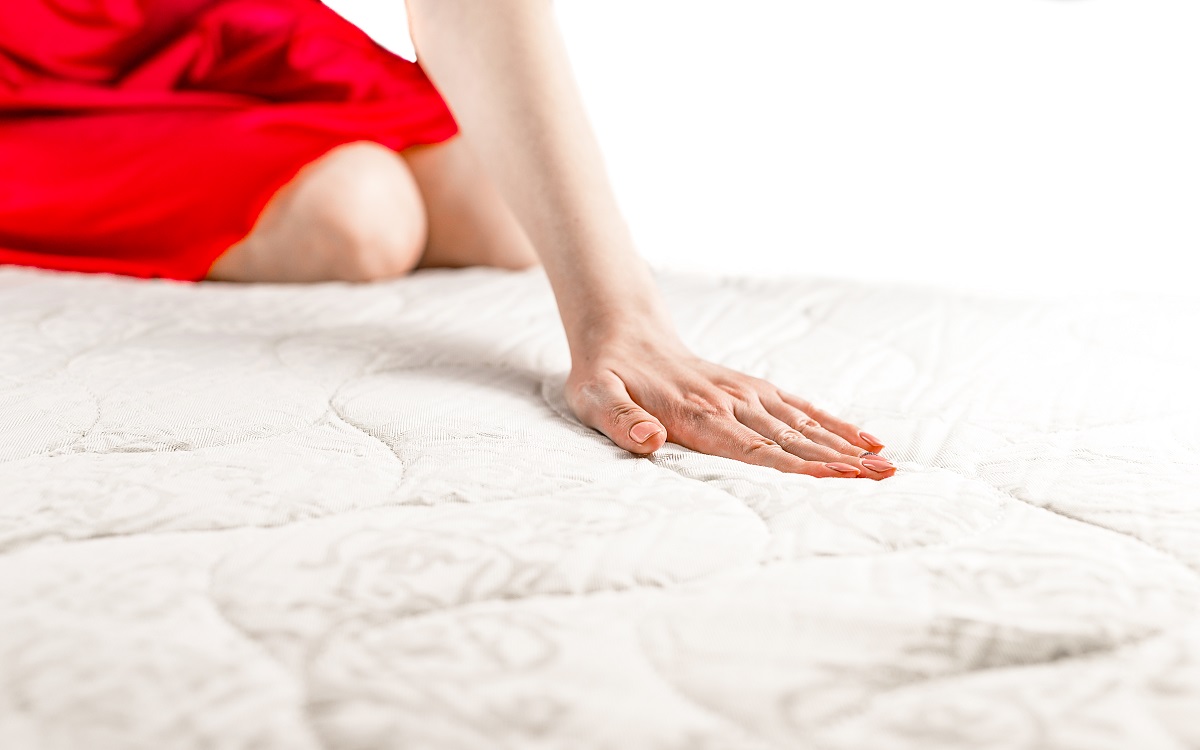
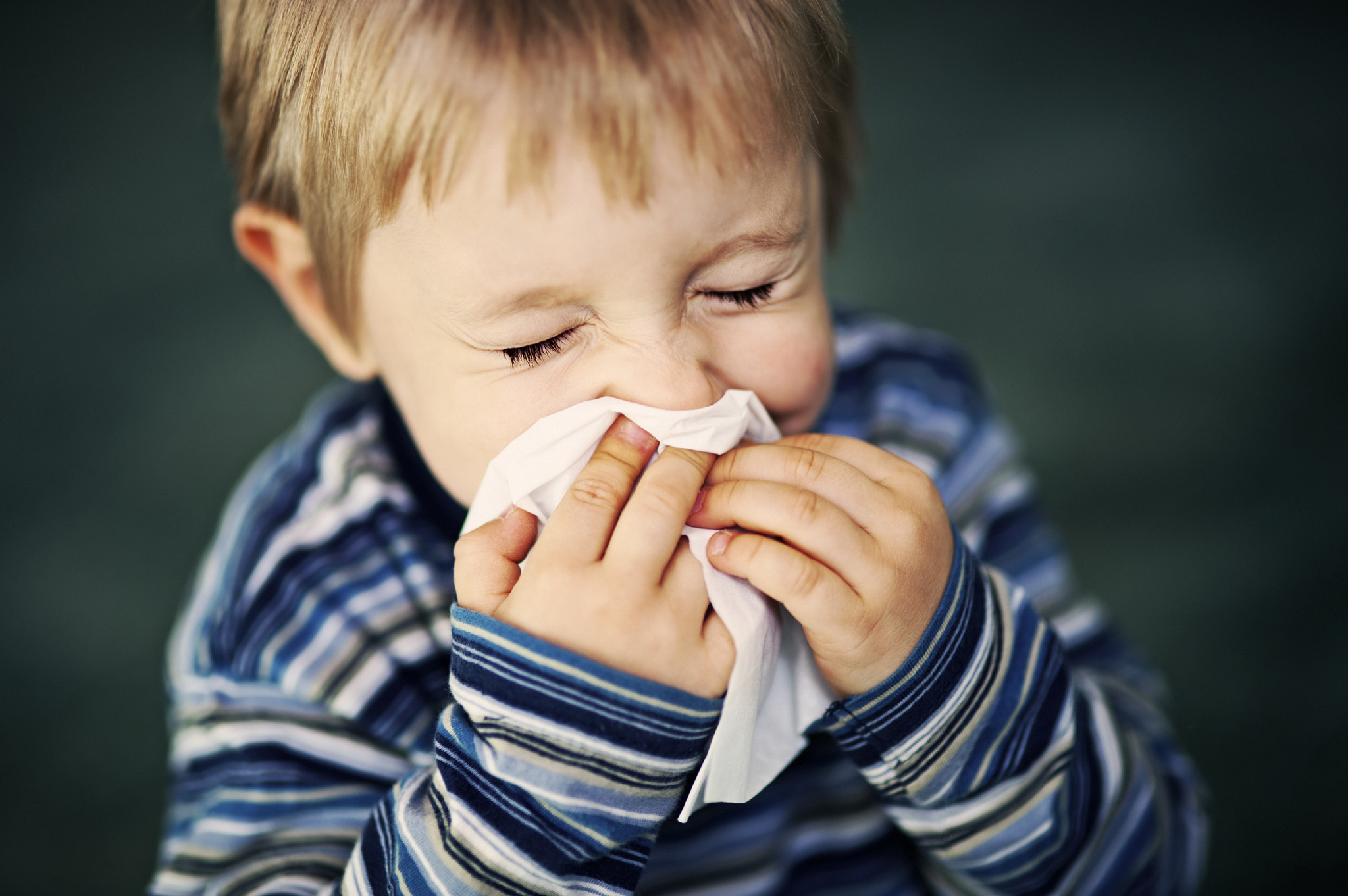
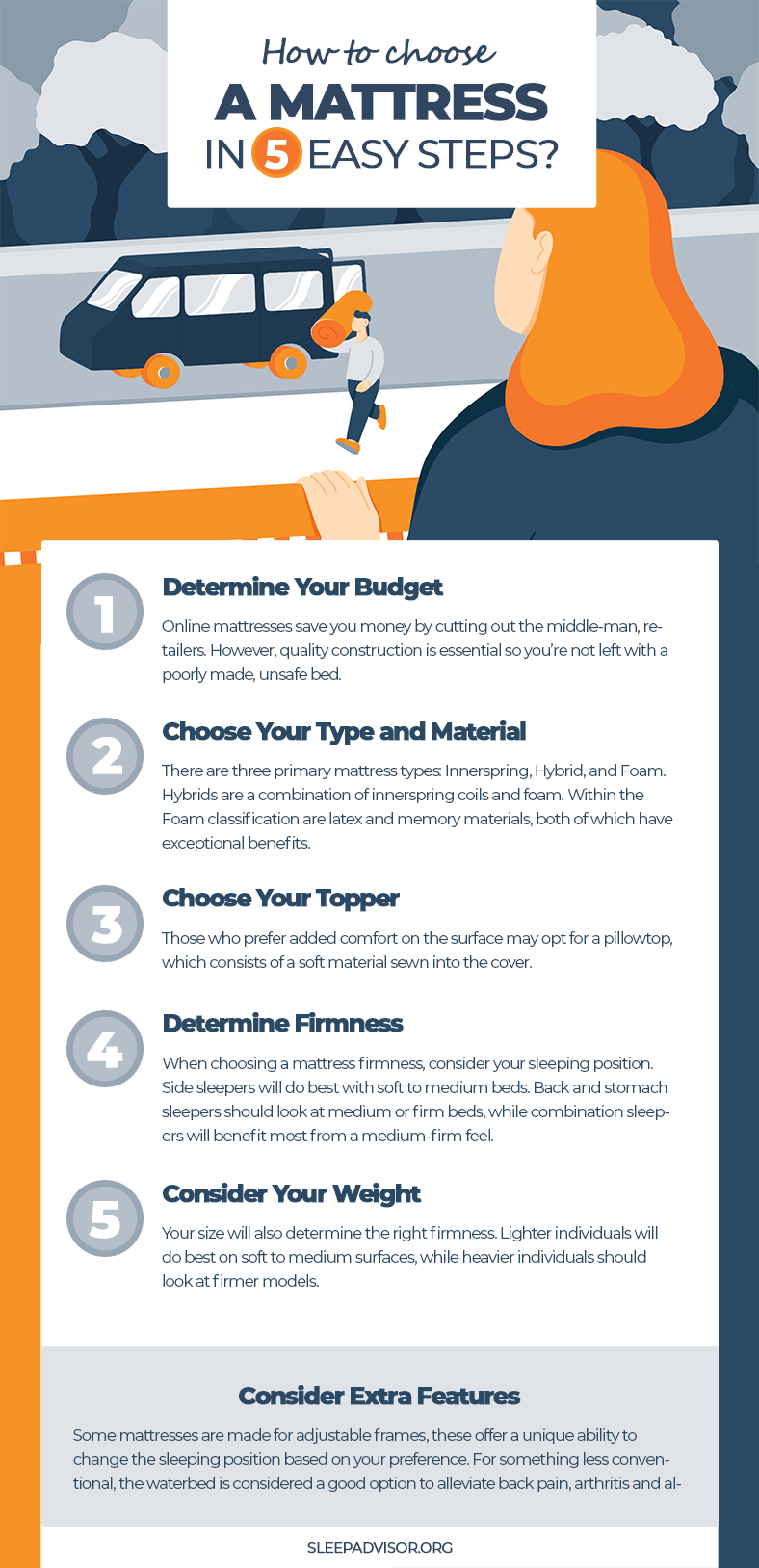
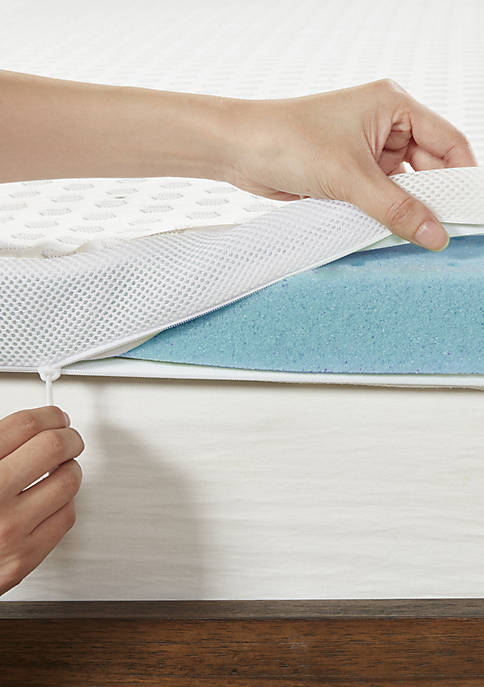






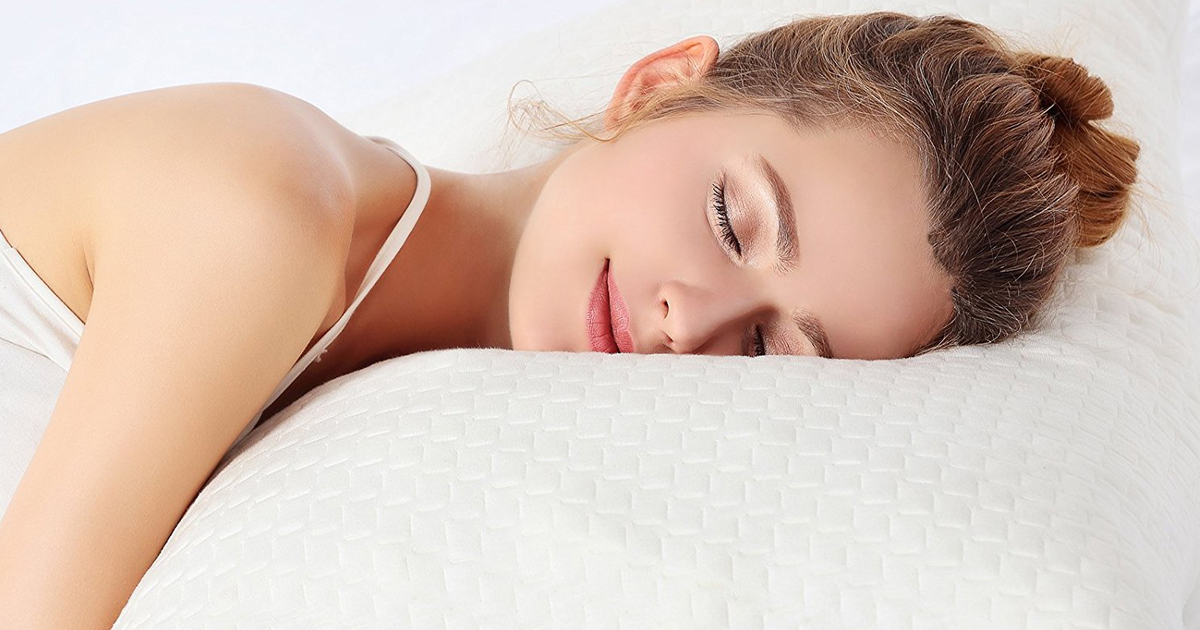
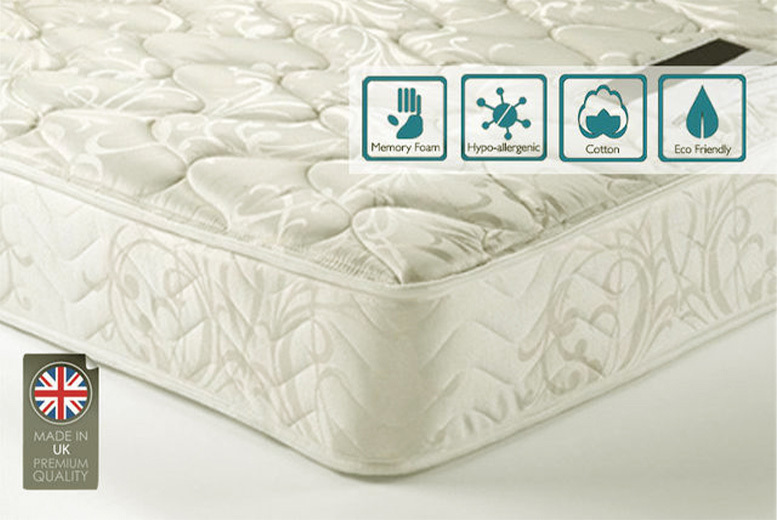

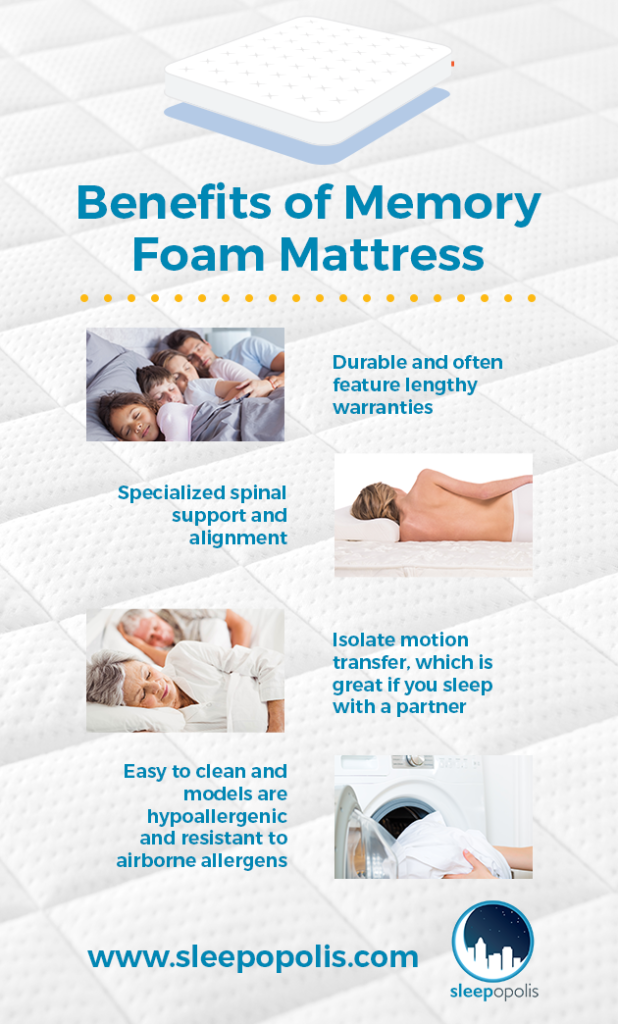



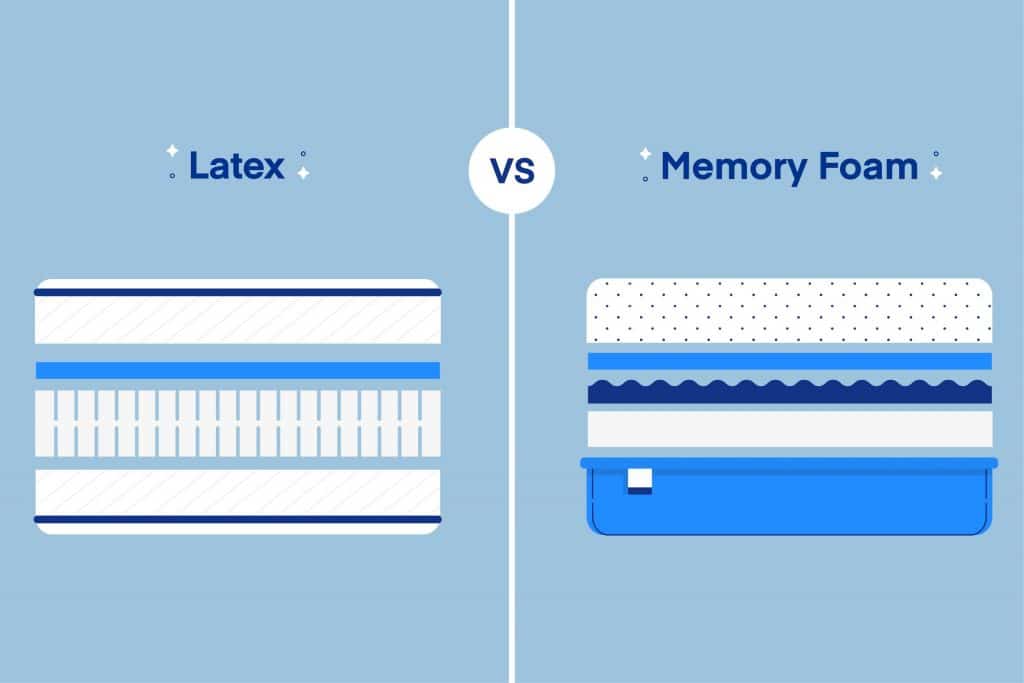
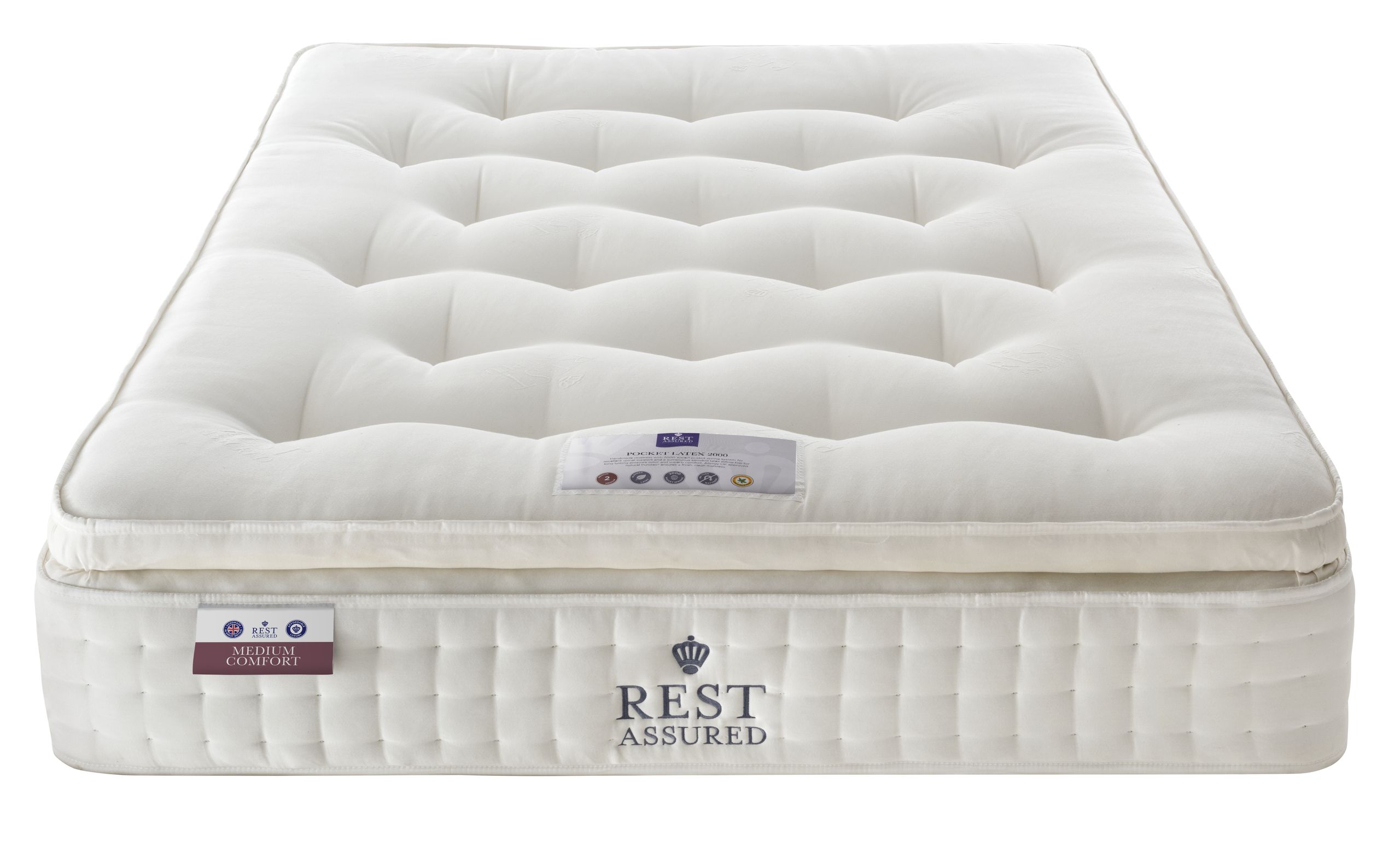
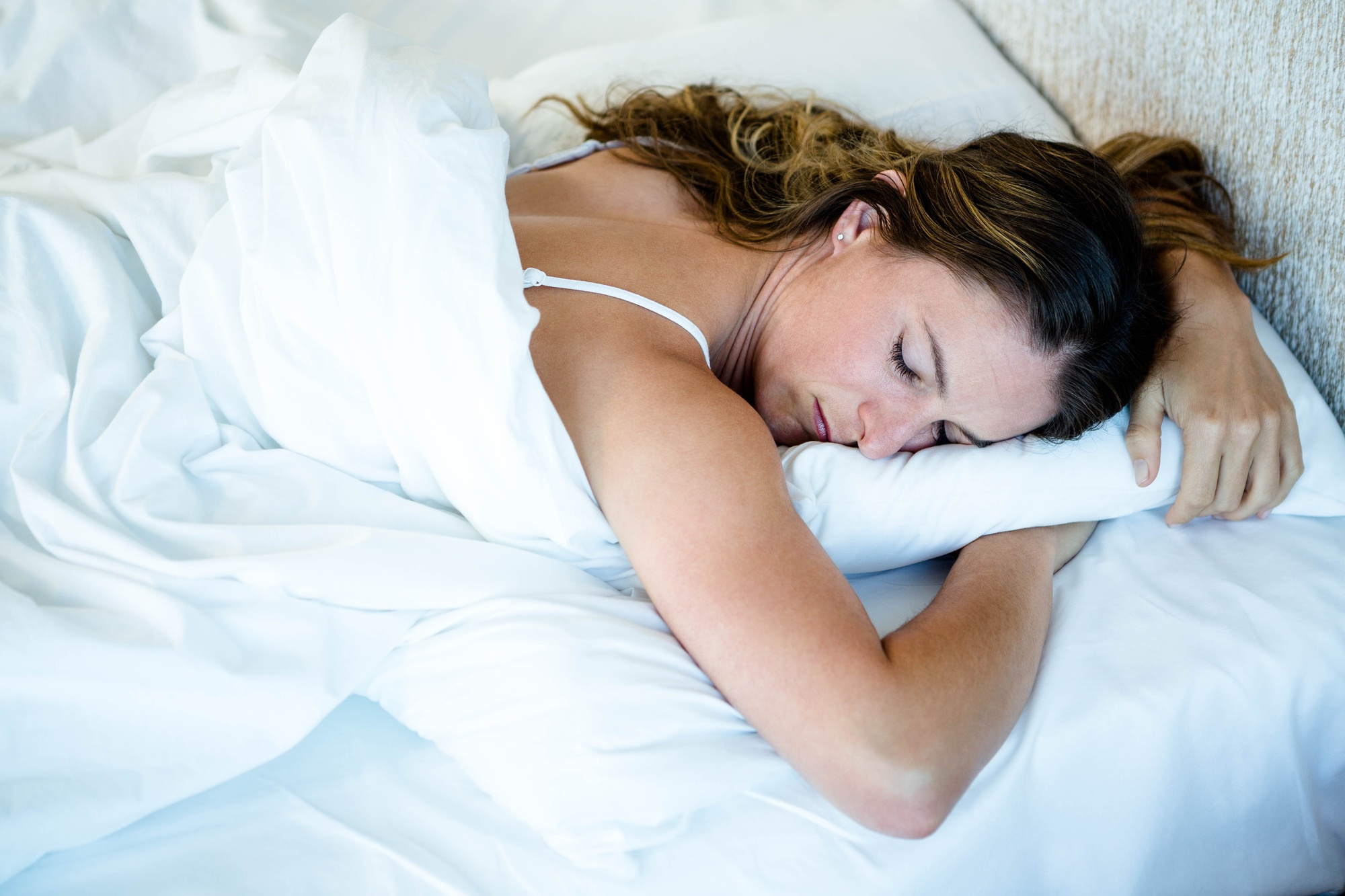

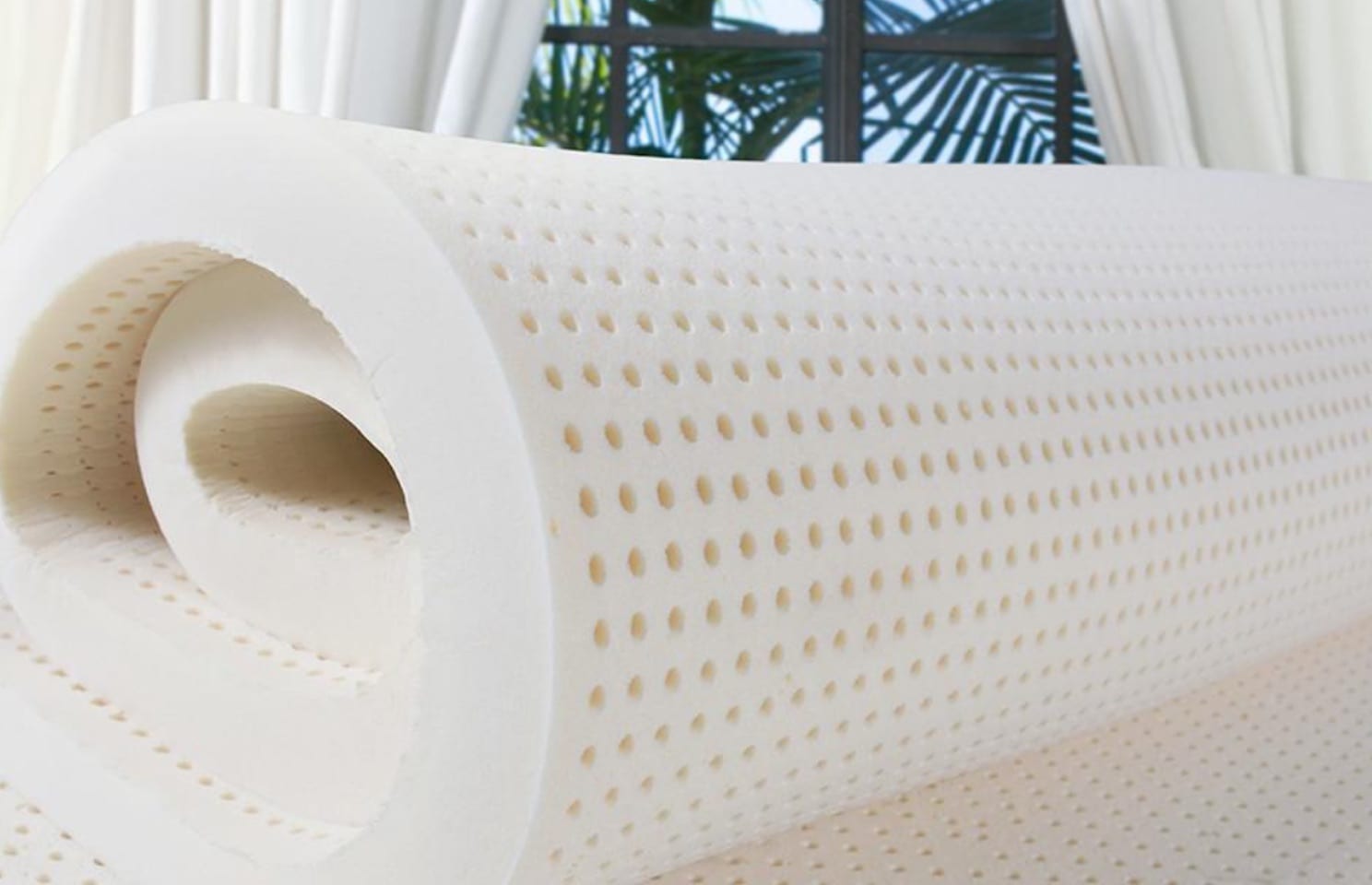



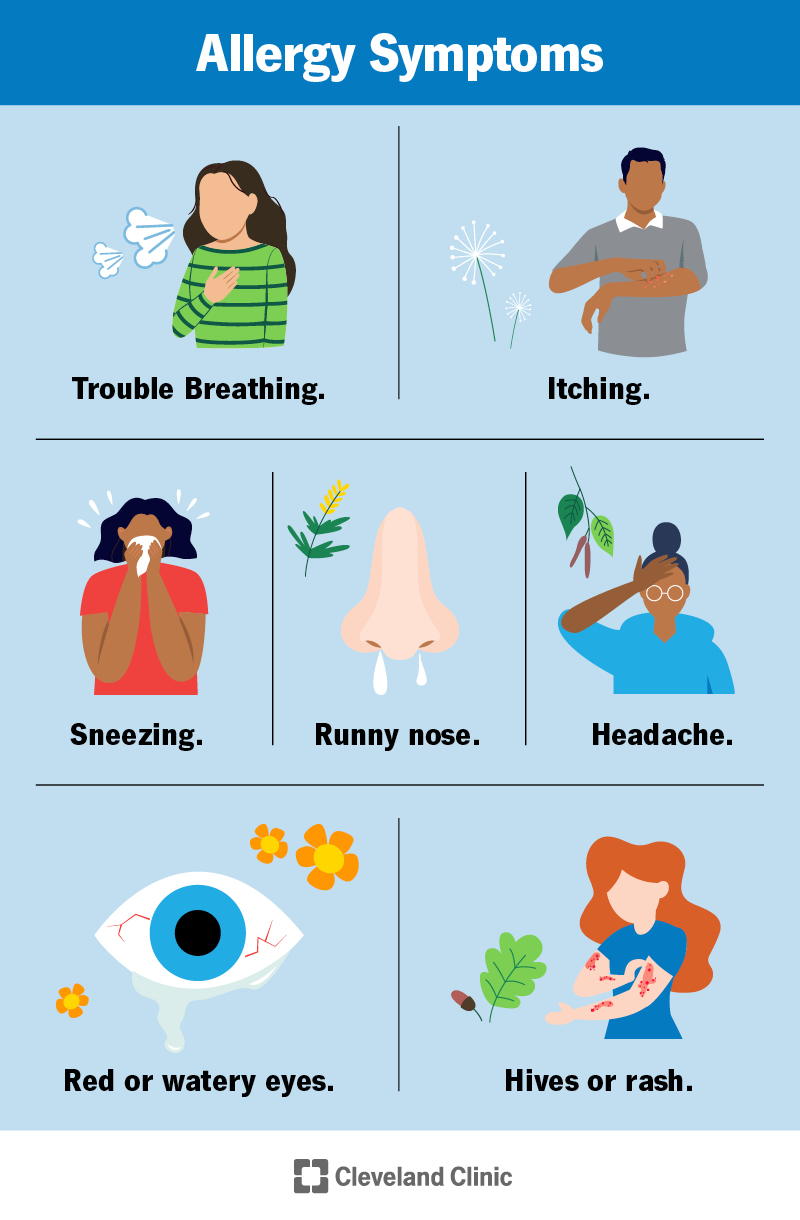

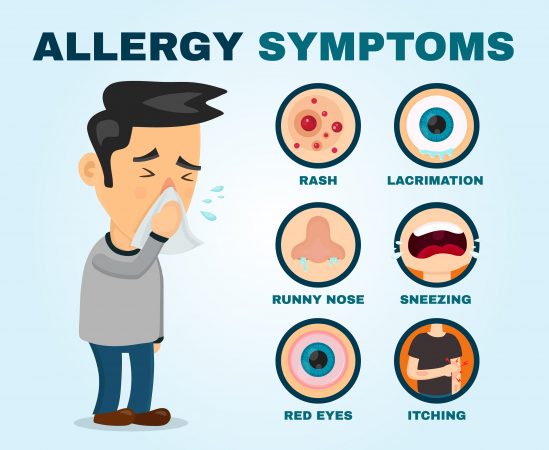
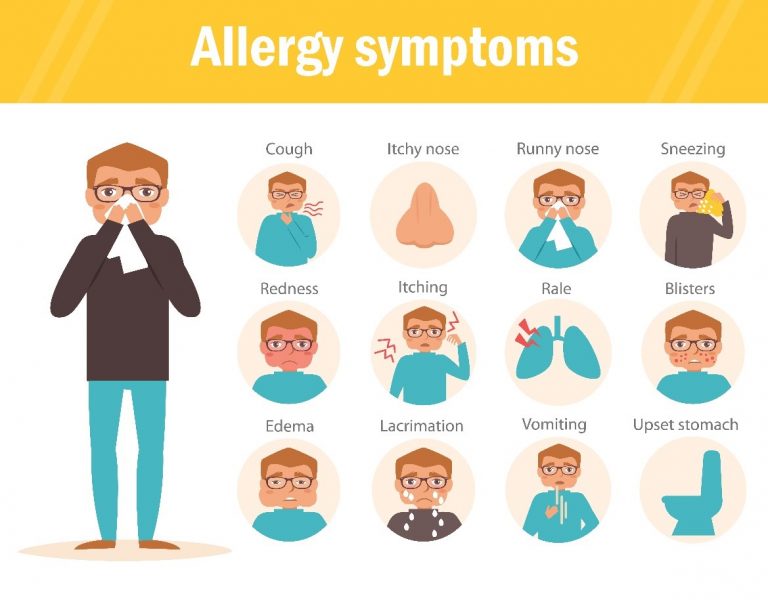

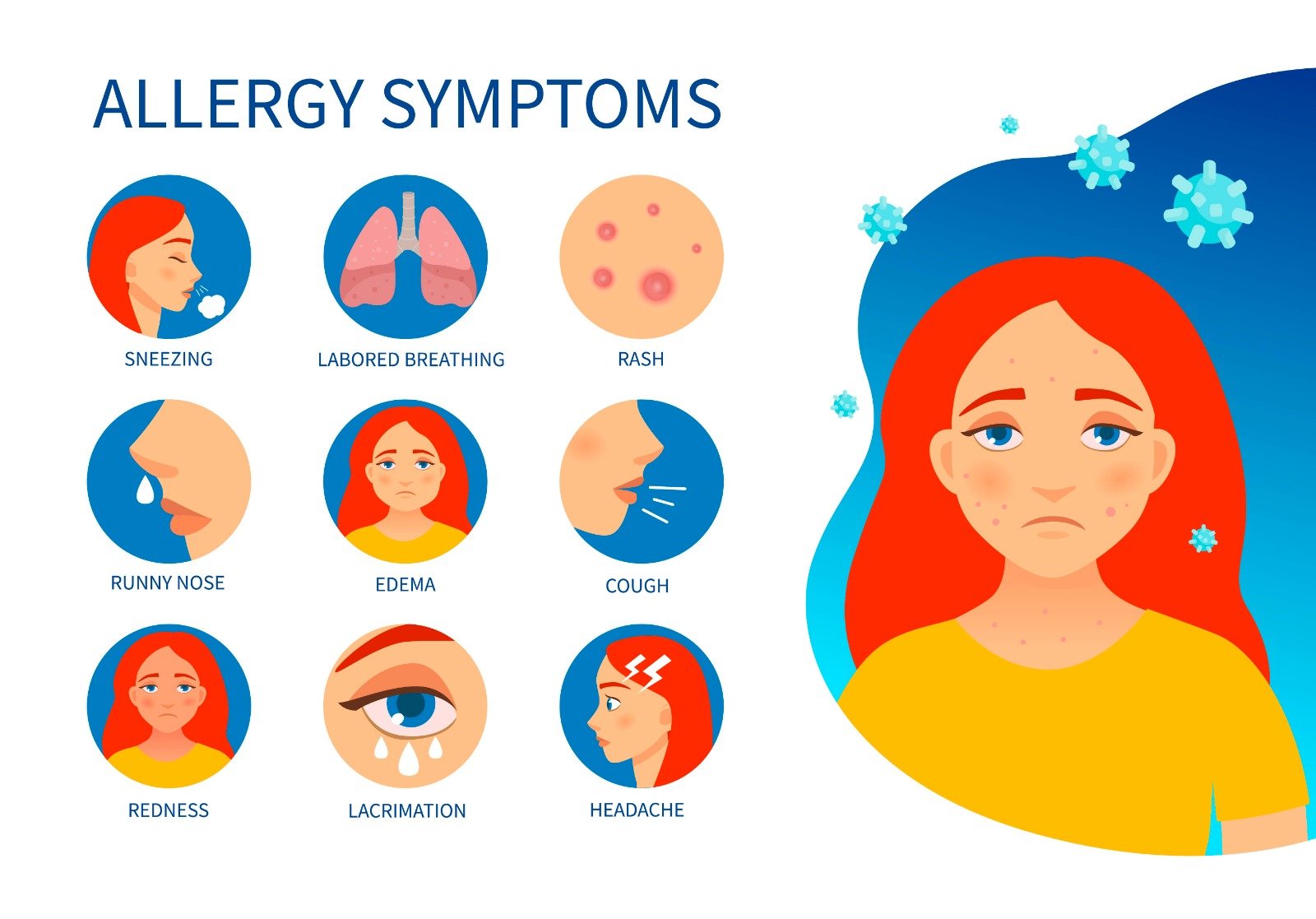
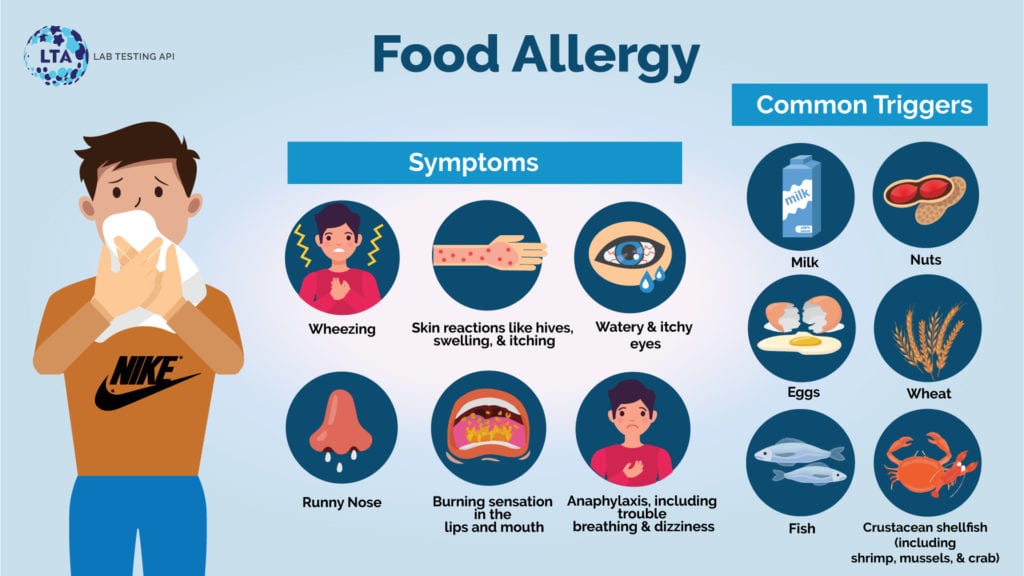



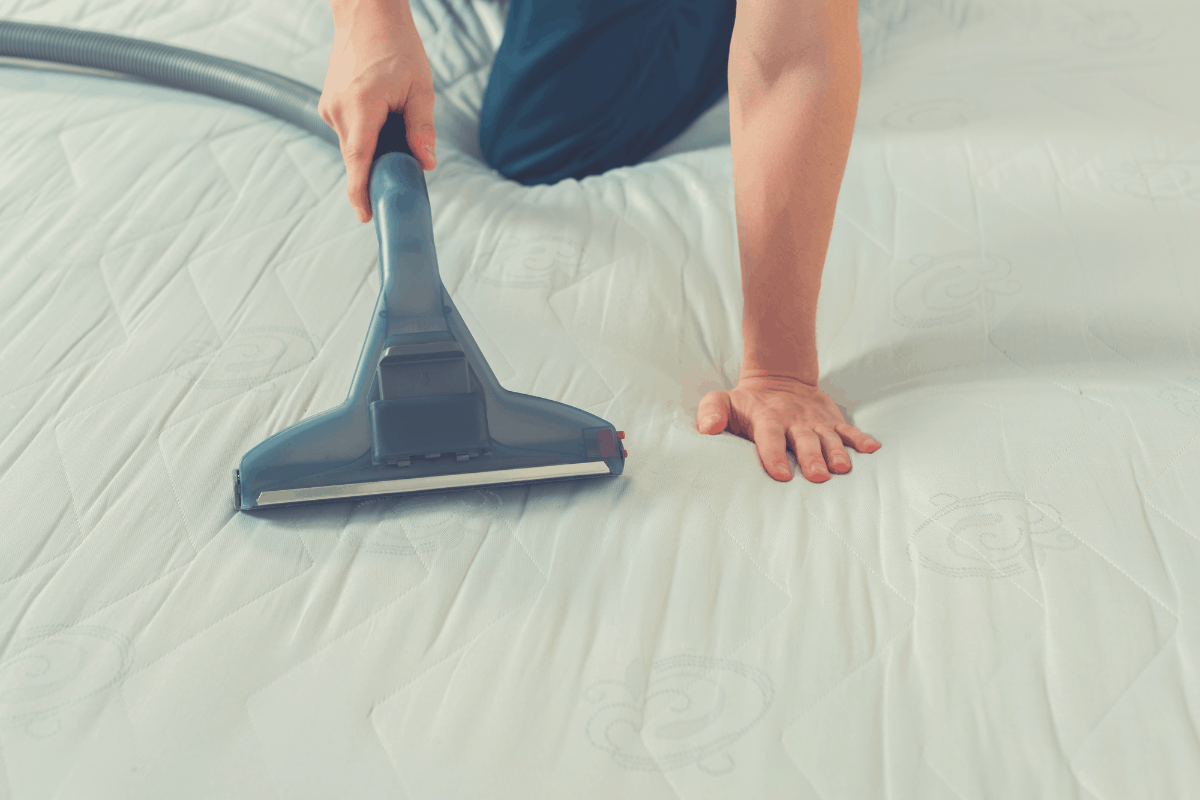
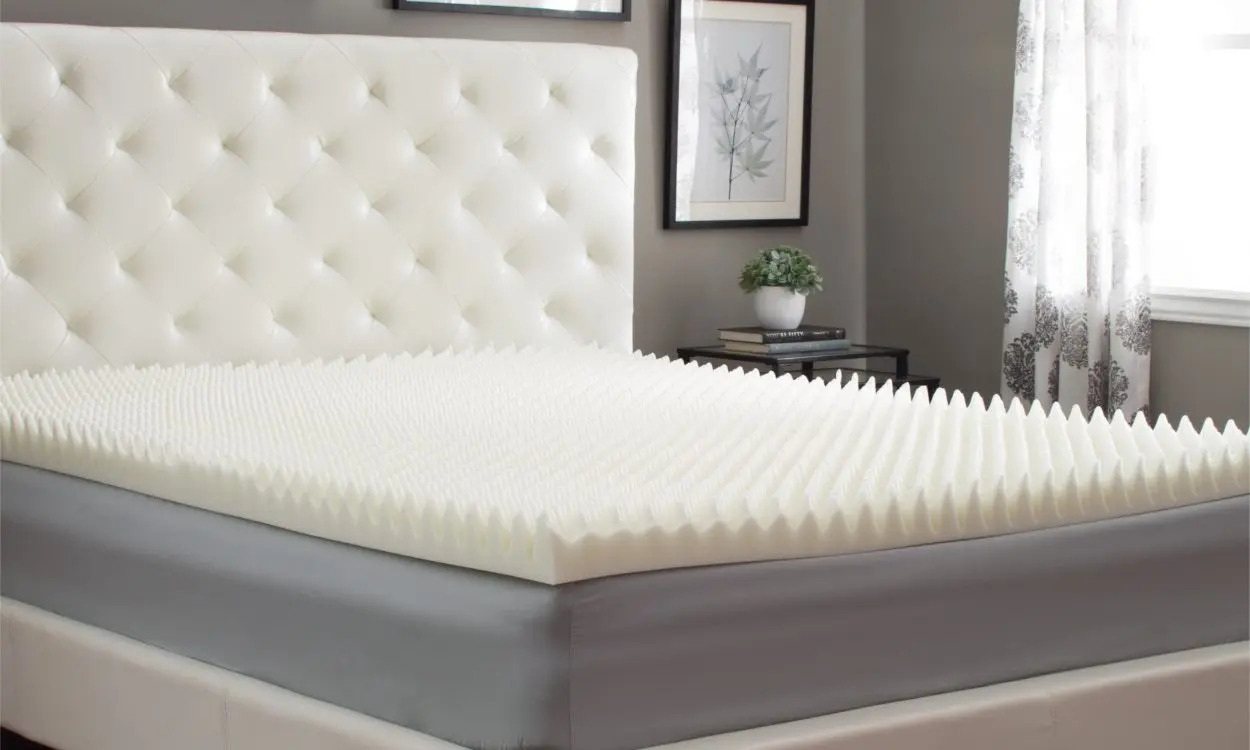

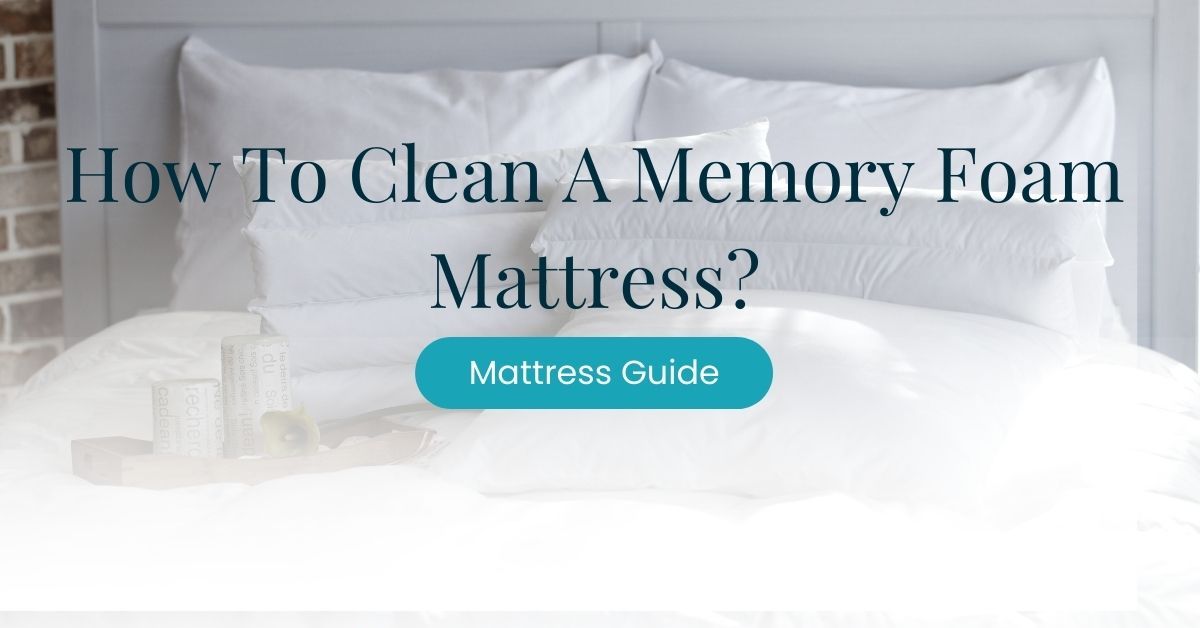

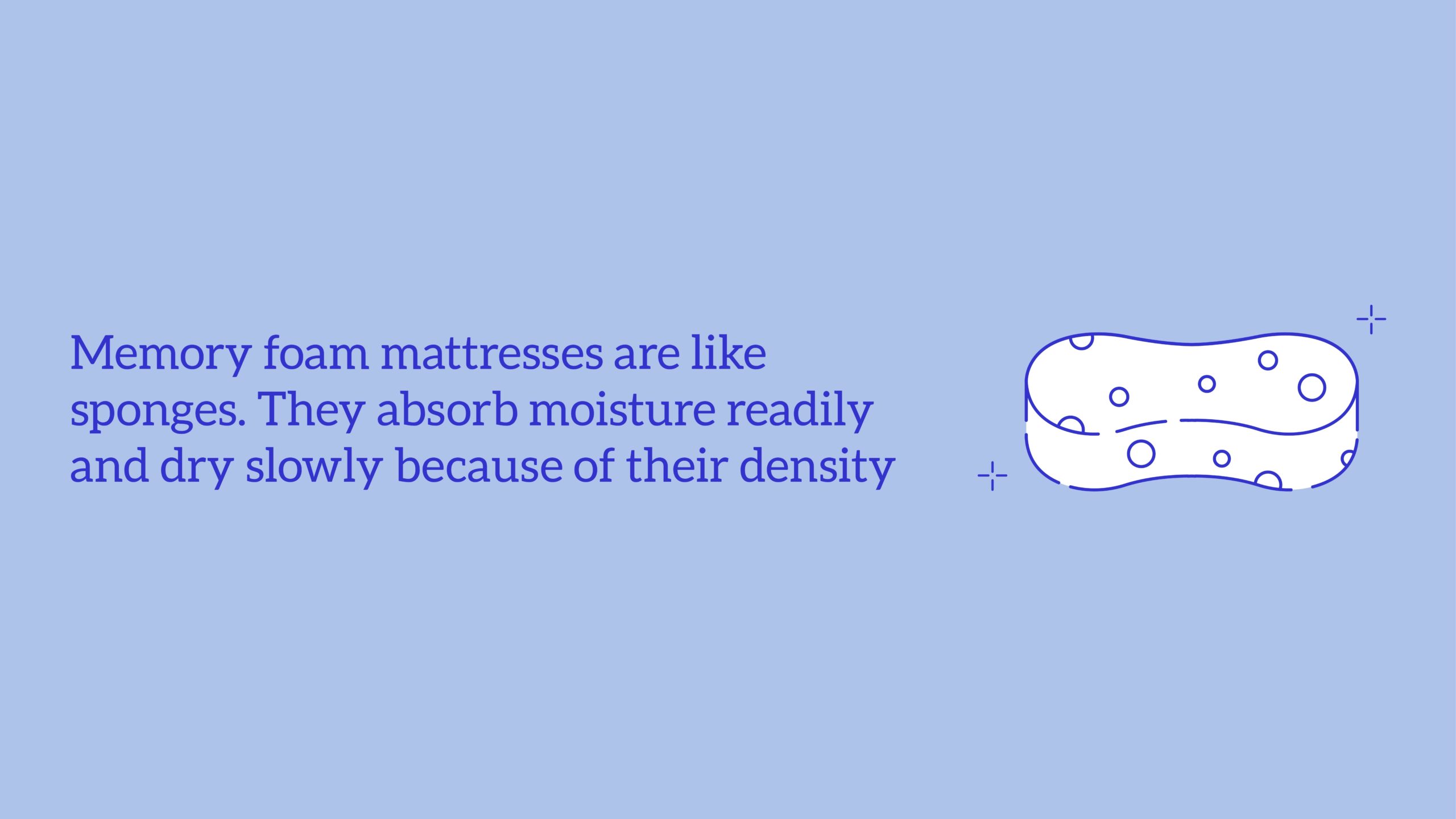
/how-to-install-a-sink-drain-2718789-hero-24e898006ed94c9593a2a268b57989a3.jpg)





